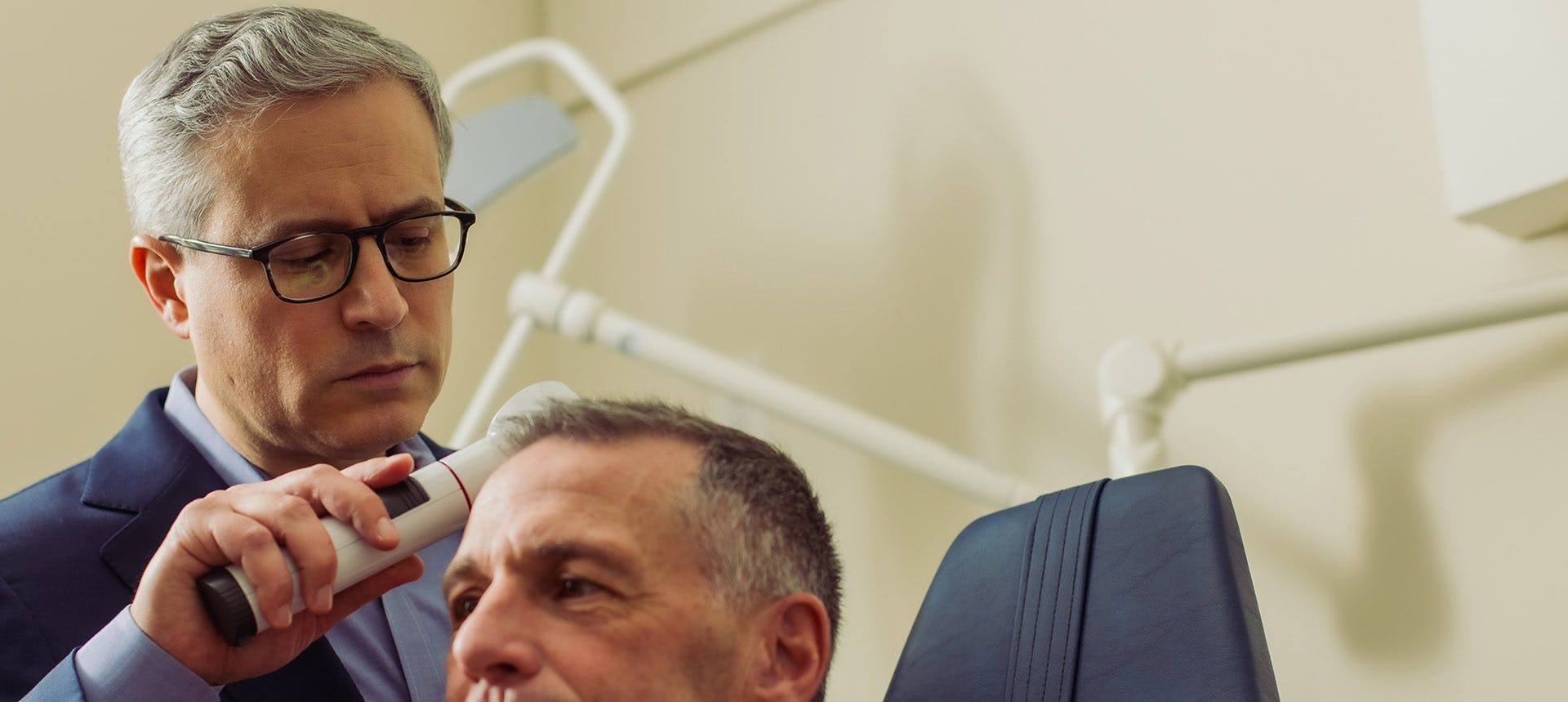Hair loss is a common problem that affects millions of people worldwide. Losing your hair can be a distressing experience that can impact your self-esteem and confidence. However, experiencing hair loss doesn’t need to feel like the end of the world, as there are many effective ways to cope with and treat it.
Treatment Options for Hair Loss
If you are experiencing hair loss, there are several treatment options available to help you regrow your hair or slow down the rate of hair loss. Here are some of the most common treatment options:





